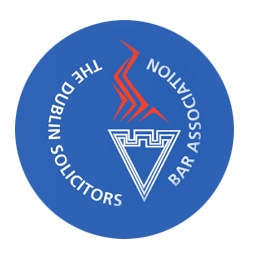 One of the first steps of starting a business is deciding what kind of structure you would like your business to have. A business can be run by a sole trader, under a partnership or as a limited liability company.
One of the first steps of starting a business is deciding what kind of structure you would like your business to have. A business can be run by a sole trader, under a partnership or as a limited liability company.
You may wish to set yourself up as a sole trader. This is relatively straight forward and your only legal obligation is to register as a self-employed person with the Revenue. Sole traders are also free to use a business name but this must be registered with the Companies Registration Office (CRO).
If your business is shared with others then you may wish to operate as a partnership. This means that you will each be jointly responsible for running the business. This will require a partnership agreement being drafted and it is recommended that you go to a solicitor for this.
The major drawback of operating your business as a sole trader or partnership is that you may find yourself personally liable for the debts that your business incurs. This is not necessarily so when you incorporate your business by registering it with the CRO.
Starting a company means you have created an entirely separate legal entity to yourself. Therefore if your company gets into debt, the creditors will only have a claim on the assets of the company and you will be protected from their reach.
Your business can be incorporated relatively easily by registering it with the Company Registration Office. After registration you will be required to file the company reports and accounts with the CRO each year. It is recommended you seek legal advice while incorporating your company as the registration process will also involve the drafting of company articles and appointments of directors.






Leave a Reply